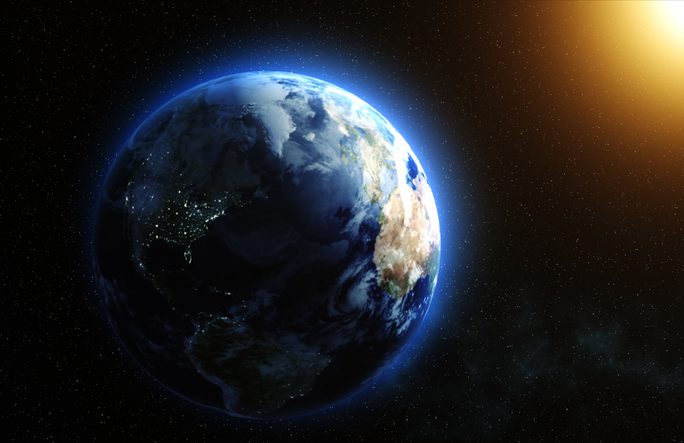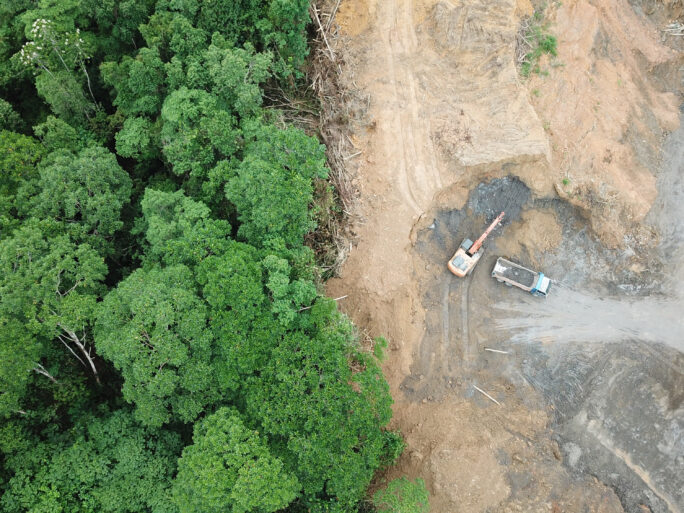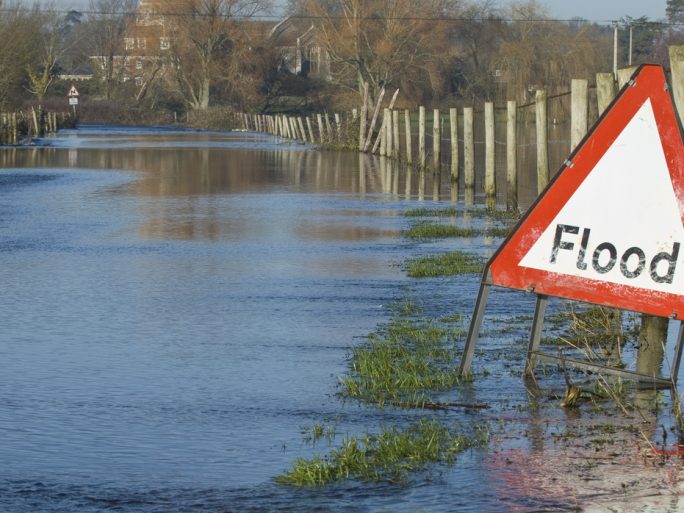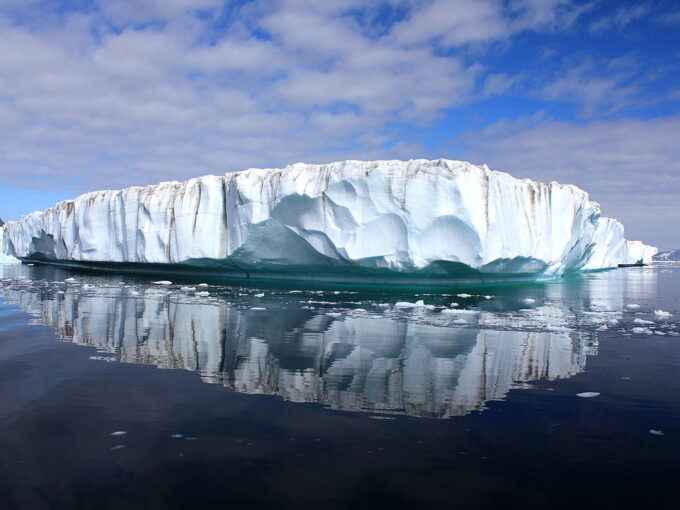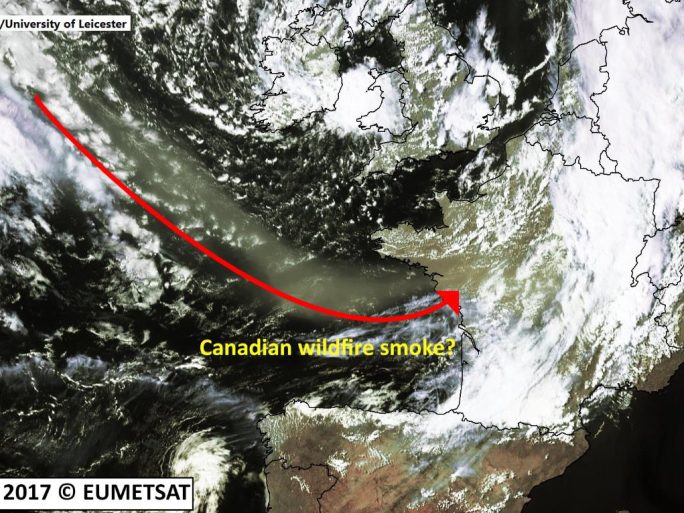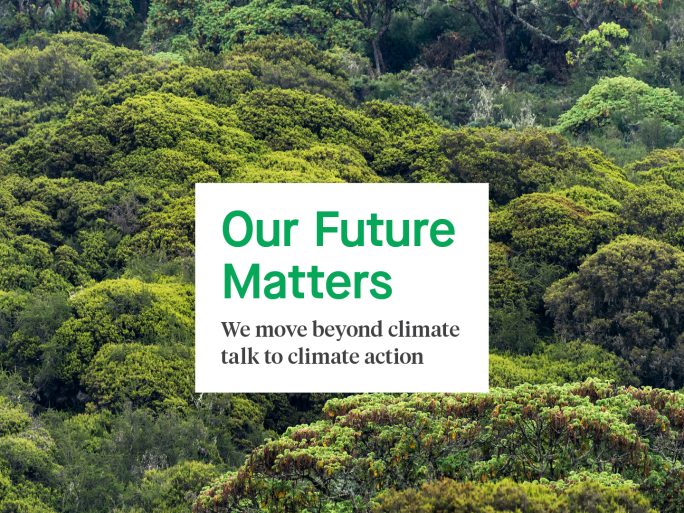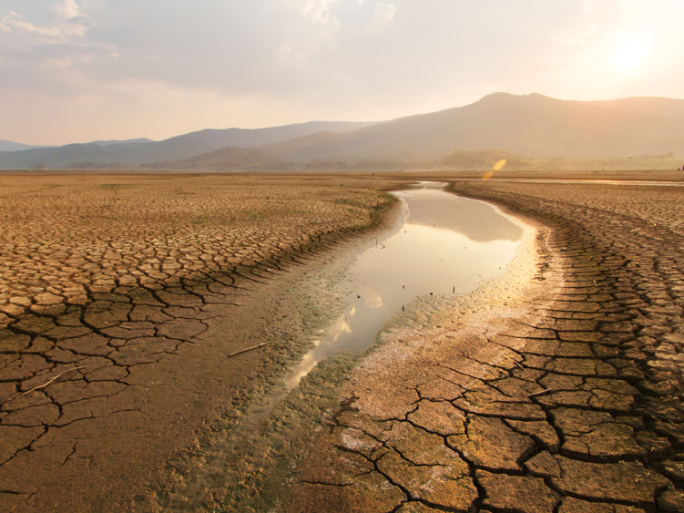As a distributed research centre, NCEO brings together over 150 experts from renowned UK universities and institutions. We’re eager to share their ground-breaking work and experiences—not just to highlight the science, but to spark though-provoking conversations that challenge research.
Prof Richard Allan’s recent blog, originally published by the University of Reading, reflects on a casual conversation with NCEO colleague Prof Chris Merchant that led to new insights into Earth’s growing energy imbalance — and what that means for our warming oceans.


